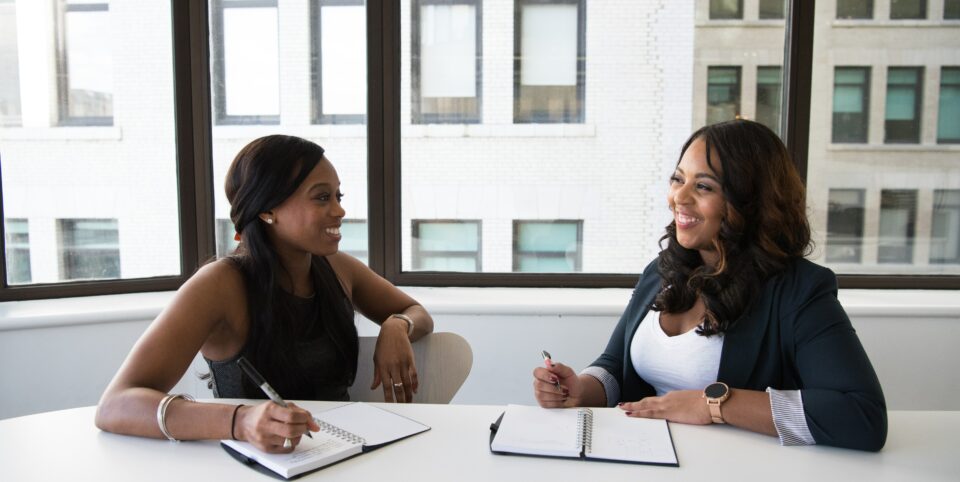Contact
020 4515 6728
info@ccameron.co.uk
Charles Cameron & Associates
Blackfriars Foundry
154-156 Blackfriars Road
London SE1 8EN
How to be a good landlord
October 21, 2021
Information published was correct at the time of writing
Protecting your investment, yourself and your tenants

There’s far more to being a landlord than simply owning a property. Whether you’re an experienced landlord who has been managing a portfolio of properties for many years or a new landlord, understanding your legal obligations as a landlord will help you to protect your investment, yourself, and your tenants. The primary role of the landlord is to provide accommodation that is of a decent standard and ‘fit for purpose’. It is the landlord’s responsibility to ensure the safety of their property and to keep it well maintained. This applies to the whole structural part of the property as well as interior fittings, furnishings, and appliances. It is also the role of the landlord to make sure that the tenant is aware of their duties and responsibilities and to help address any issues they may have before and during a tenancy.
CREATE A COMPREHENSIVE TENANCY AGREEMENT
A tenancy agreement is a legal requirement for Assured Shorthold Tenancies. It’s also the best way to make your expectations of your tenants clear from the outset and let them know what they can expect from you in return. A clear and comprehensive Assured Shorthold Tenancy Agreement helps to avoid misunderstandings about who is responsible for what.
TAKE AN ACCURATE INVENTORY
To help everyone avoid misunderstandings, take an accurate inventory. If you have noted the precise condition of the building and its contents, and taken photographs, at the beginning of the tenancy, it will be very clear what has changed at the end and whether any damage is the fault of the current tenants.
PROTECT YOUR TENANTS’ DEPOSITS
Another legal requirement is that you protect your tenants’ deposits and provide them with the details of the protection scheme you have used. If, at the end of the tenancy, there is any dispute over the deposit, the deposit protection scheme will give a determination to resolve it.
KEEP UP WITH SAFETY STANDARDS
There are various government guidelines to keep up with regarding the safety of your property, and some of them vary for different property types or geographical regions, so it is your responsibility to stay informed. For example, you’ll need an annual gas safety check, regular smoke alarm and carbon monoxide alarm inspections, and appliance testing.
STAY IN CONTACT
If you’re managing the property yourself, rather than through a letting agent, it’s crucial that your tenants can reach you easily and quickly to report problems. If you need to take time off for any reason and will be uncontactable, you’ll need to provide your tenants with an alternative point of contact for that period.
FIX PROBLEMS QUICKLY
If your tenants report a problem, you’ll need to resolve it promptly to keep them happy. You might need a list of professionals, such as plumbers and electricians, whom you can rely on to respond at short notice.
BE FLEXIBLE
All tenants have different needs from you, so you might need to adapt to suit them. Your new tenants might want some furniture to be removed from the property when the old tenants have left. Some tenants might need to change the rent payment date to suit their income cycle. You can’t be expected to accommodate every request, but if it is reasonable and doesn’t create difficulties for you, your willingness to adapt will likely be appreciated.
PROTECT YOURSELF FINANCIALLY
Landlord insurance is crucial to protect you from financial loss in case of missed rent payments or damage to your property. Sometimes things go wrong, even for the best landlords, and the peace of mind of protection may be worth far more than the cost of the insurance.



